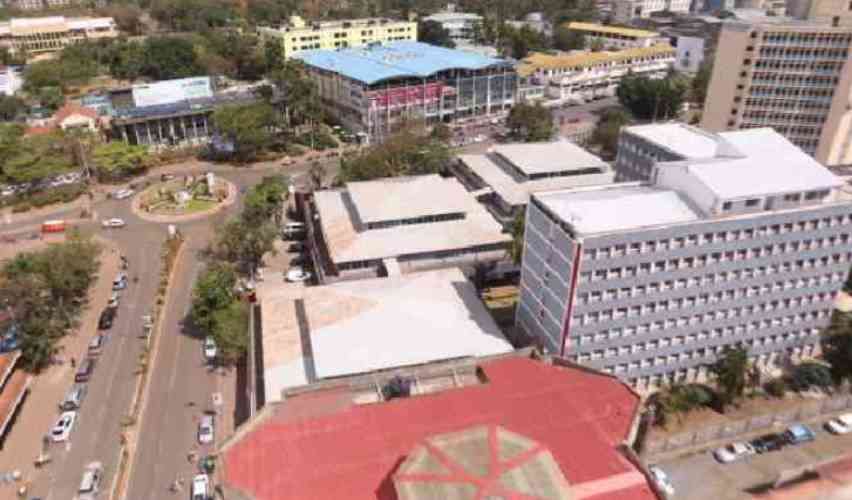Kenya's real estate market faces challenges from political uncertainty, yet demand for affordable housing remains strong. [Standard, File]
Kenya’s real estate market is feeling the effects of political uncertainty, with developers and investors expressing concerns regarding the risks tied to frequent election cycles.
Some property leaders say political tensions, including recent debates on extending term limits and impeachment of Rigathi Gachagua as Deputy President, are creating an unpredictable investment climate.
Industry executives are calling for political stability, arguing it is essential to sustaining investor confidence and supporting long-term growth.
“Kenya needs stability, not divisive politics if we want to build a secure investment environment,” said John Mwaura, Chief Executive of Finsco Africa.
At the same time, demand for affordable land and housing options remains strong, with the Thika Grove Chania project emerging as one of several developments targeting buyers near Thika town.
The project, spearheaded by Finsco Africa, offers affordable land parcels, with prices starting from Sh3.8 million for an eighth of an acre and Sh7.3 million for a quarter of an acre.
It aims to attract potential homeowners with amenities like electricity, water, and gated communities. Mwaura made the remarks while issuing more than 100 title deeds at the Thika Grove Chania Phase 1 project and during the launch of Thika Grove Chania Phase 3. By David Njaaga, The Standard






